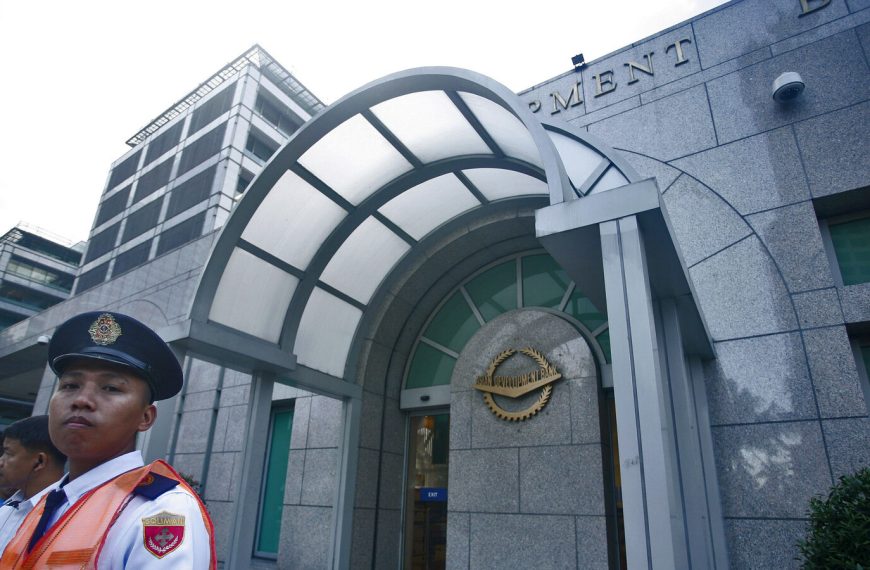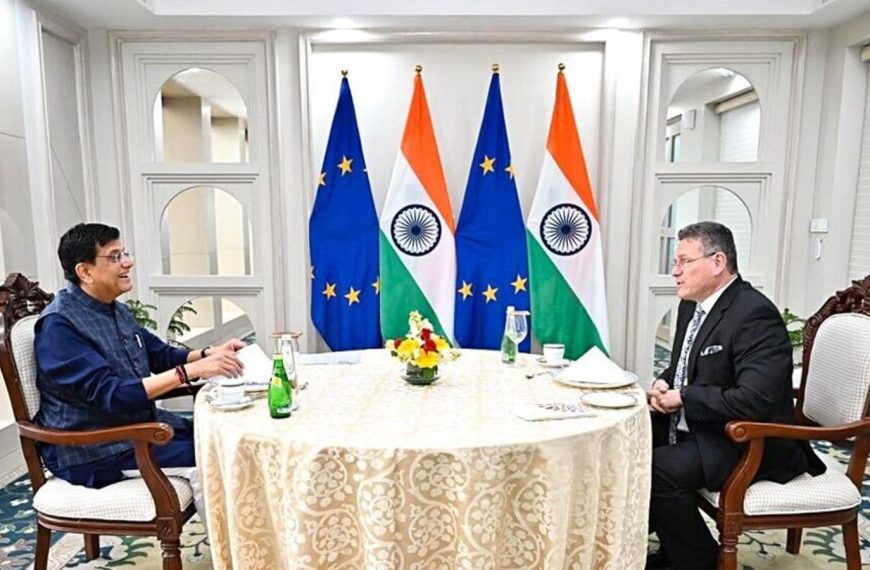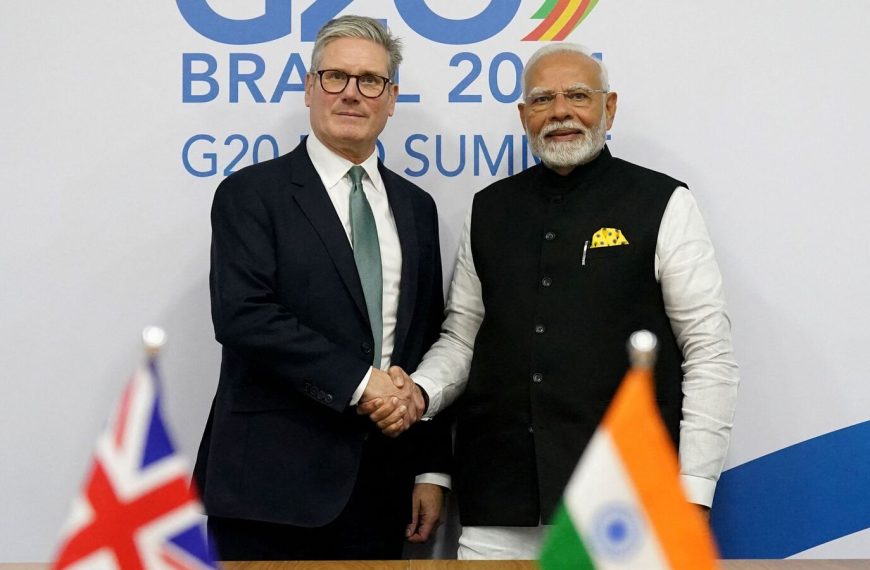India is poised to navigate potential economic challenges arising from increased tensions with Pakistan, according to analysts who highlight the country’s robust macroeconomic framework and strong domestic consumption. Following a recent terrorist attack in Pahalgam, Kashmir, where tourists were targeted, the Indian Armed Forces initiated Operation Sindoor on Wednesday, striking terror bases in Pakistan and Pakistan-occupied Jammu and Kashmir.
Strong Economic Foundations
Experts from Moody’s project that any sustained tensions with Pakistan are unlikely to significantly disrupt India’s economic landscape due to the minimal economic interdependence between the two nations. Their report, titled ‘Sovereign–South Asia,’ emphasizes that India’s economic resilience is reinforced by substantial public investment and a thriving private sector.
- Key insights from Moody’s:
- India’s economic fundamentals remain strong.
- Public investment continues to drive growth.
- Private consumption shows resilience even during geopolitical strains.
Focused Military Actions
In a statement on Wednesday, the Ministry of Defence clarified that India’s military operations are calculated and non-escalatory. The statement emphasized that no military facilities in Pakistan were targeted, showcasing India’s restraint in its operational choices. This measured approach contrasts sharply with the deteriorating diplomatic relations that have followed the deadly attack on April 22.
Historical Context of Tensions
The relationship between India and Pakistan has been fraught with conflict, having fought four wars in 1947, 1965, 1971, and 1999, primarily over the Kashmir dispute. Following the recent attack, India suspended the 1960 Indus Waters Treaty, prompting Pakistan to respond by annulling the 1972 Simla Agreement and closing its airspace to Indian flights. These actions highlight the ongoing cycle of hostility between the two nuclear-armed nations.
Economic Implications for Pakistan
Prolonged tensions could have adverse effects on Pakistan’s economic growth, potentially jeopardizing its fiscal strategies and recent achievements in macroeconomic stability, as noted by Moody’s.
Positive Developments for India
On a brighter note, decreasing global oil prices are expected to benefit India’s economy amidst the ongoing global tariff tensions and the potential for escalating conflicts with Pakistan. If oil prices stabilize between $60-65 per barrel, India could save between ₹45,000-50,000 crore in import costs, assuming consumption levels remain consistent through the 2024-25 period.
- Benefits of lower oil prices for India:
- Reduction in inflation rates.
- Increased fiscal space for public spending on infrastructure and welfare.
- Enhanced profit margins for energy-intensive industries, fostering a more favorable investment climate.
As India faces these external pressures, its solid economic fundamentals and strategic military responses suggest that it is prepared to withstand potential economic shocks while promoting stability and growth.










